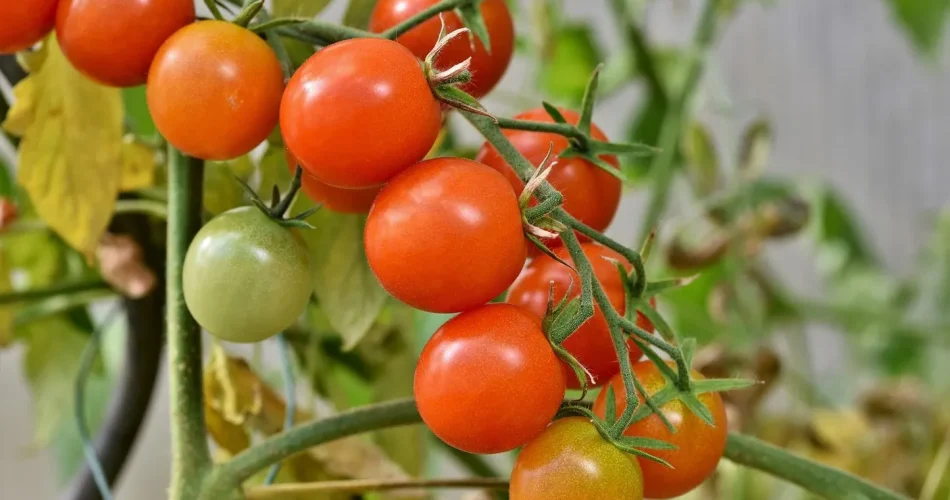When it comes to natural gardening, kefir, a fermented milk drink rich in probiotics, might not be the first thing that comes to mind. However, kefir can be a powerful natural supplement for your garden, especially for plants like tomatoes, peppers, cucumbers, and eggplants. Here’s how kefir can benefit your garden and how to use it effectively.
Benefits of Using Kefir
- Rich in Beneficial Microorganisms: Kefir contains a variety of beneficial bacteria and yeasts that can enhance soil health by promoting a balanced soil microbiome.
- Nutrient Availability: The fermentation process in kefir helps break down nutrients, making them more readily available for plant uptake.
- Disease Suppression: The probiotics in kefir can help suppress harmful pathogens in the soil, reducing the incidence of soil-borne diseases.
- Improved Soil Structure: Regular application of kefir can improve soil structure and aeration, facilitating better root growth and water retention.
How to Prepare and Use Kefir
- Making Kefir: You can purchase kefir from a store or make your own using kefir grains and milk. Allow the milk to ferment at room temperature for 24-48 hours until it thickens.
- Dilution: Dilute the kefir with water before applying it to your garden. A common ratio is 1 part kefir to 10 parts water.
How to Apply Kefir in Your Garden
- Soil Drench: Use diluted kefir as a soil drench. Pour the solution around the base of your plants, ensuring it soaks into the root zone. This helps introduce beneficial microorganisms directly to the soil.
- Foliar Spray: You can also use diluted kefir as a foliar spray. Spray the solution onto the leaves of your plants, covering both the upper and lower surfaces. This can help improve plant health and reduce foliar diseases.
- Compost Activator: Add kefir to your compost pile as an activator. The beneficial microbes in kefir help speed up the composting process and enhance the nutrient content of your compost.
- Seed Soak: Soak seeds in a diluted kefir solution before planting. This can improve germination rates and provide young seedlings with a boost of beneficial microbes.
Tips for Using Kefir
- Use Fresh Kefir: For the best results, use fresh kefir that is still active and contains live cultures.
- Avoid Overuse: While beneficial, too much kefir can upset the balance of soil microorganisms. Use it sparingly and monitor your plants’ response.
- Combine with Other Practices: Kefir works best when combined with other organic gardening practices such as using compost, mulching, and proper watering.
Conclusion
Kefir can be an excellent natural supplement for your tomato, pepper, cucumber, and eggplant plants. By introducing beneficial microorganisms, enhancing nutrient availability, and improving soil health, kefir can help your plants thrive. Incorporate this simple, organic technique into your gardening routine and enjoy healthier, more productive plants this season!
Show Comments



